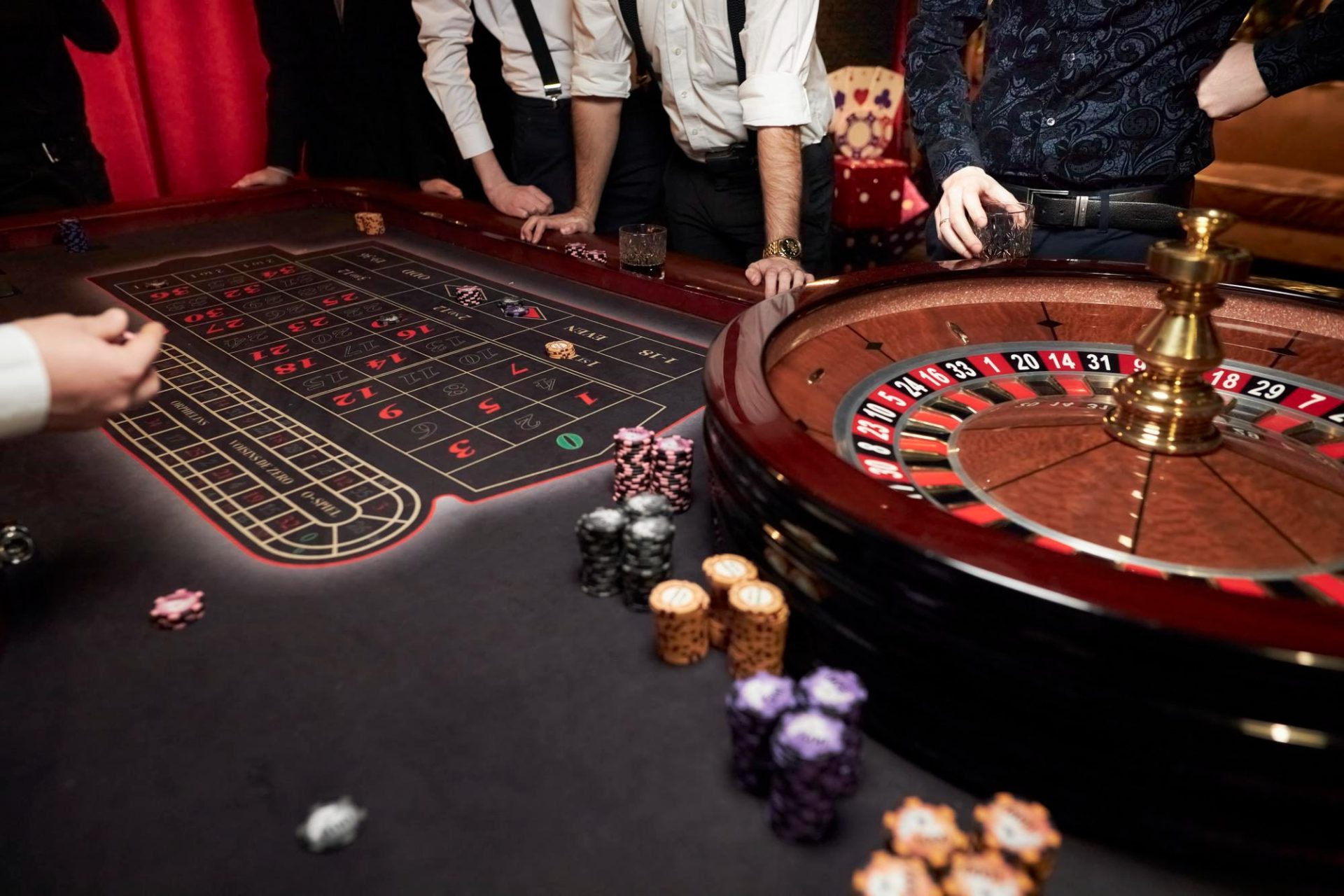
Casino entertainment have long been an integral part of human culture, providing not just entertainment but a fascinating reflection of our aspirations, dreams, and concerns. From the turning reels of a slot machine to the strategic gameplay of poker, these games encapsulate a range of human sentiments and experiences. At their core, casino games are not just a chance to win money; they are a microcosm of life itself, where danger and gain intertwine and luck can change in an moment.
As players convene around tables or sit in front of brightly lit machines, they engage in a tradition that transcends mere playing. These games echo our instinctive desires for social interaction, excitement, and the quest for chance. They also reveal deeper truths about human nature, such as our relationship with fate and the adrenaline of risk. In exploring casino games, we uncover not only the nuances of play but also the complex weave of the human journey, showcasing our interconnected narratives of hope and reality.
The Mind Behind Gambling
Wagering is intrinsically connected in the psyche of individuals, tapping into various feelings and wants. The thrill of taking risks is a core aspect that attracts participants, be it the excitement of spinning a roulette or the anticipation of drawing a winning card in poker. slots casino en ligne This adrenaline is often compared to other forms of thrill, as the uncertainty of outcomes elicits a distinct psychological response. Players often find themselves captivated by the possibility of winning big, leading to an irresistible draw toward gambling games.
Another, an essential component of the psychology behind gambling is the concept of hope and ambition. Participants often nourish fantasies of financial freedom and the opulent lifestyle that can follow winning. This hope fuels their ongoing participation in casino games, as it provides a sense of meaning and the conviction that a transformative win could be just one wager away. The narrative of overcoming odds and achieving success resonates with many, strengthening their commitment to play and involve themselves with these games.
Finally, social dynamics play a crucial role in gambling psychology. Gambling venues are designed to promote social interaction, where players gather to share the experience of wins and losses. This communal aspect not only enhances enjoyment but also influences behavior, as individuals often imitate the actions of others in their vicinity. The collective approval found in mutual thrill can enhance the emotional experience, making casino games a mirror of not just personal desires but also shared involvement within the gambling community.
## The Dual Nature of Risk and Reward
Casino games embody the subtle balance between risk and reward that resonates profoundly with the human experience. The thrill of placing a wager is often accompanied by a rush of adrenaline, as players are confronted with the prospect of a huge payout, yet cognizant of the potential to suffer losses. This bipartisan experience reflects a essential aspect of life: the paths we choose often come with intrinsic risks, and the pursuit of reward can compel us to embrace risks we might not normally consider. In this way, gambling activities echo real-world choices, enticing players to risk not just their funds, but also their dreams.
The allure of grand jackpots and payouts fuels a sense of optimism, encouraging gamblers to dream of a better future that could manifest from a fortunate turn of the wheel or turn of a card. This hope can compel individuals to engage in riskier behaviors, pushing them to take greater risks in search of economic benefit. However, just as in life, the results of these risks can lead to both triumph and failure. The narratives of both big winners and those who have faced losses everything at the tables demonstrate the chaotic nature of chance and its consequential repercussions on our existence.
Ultimately, the interaction of engaging with gambling activities serves as a vivid illustration of the nature of humanity. Every session played is loaded with the tension of ambiguity, as players weigh the gains against the risks. This balance not only highlights the thrill that comes with gambling but also unveils the vulnerabilities that come with the longing for more. As we explore the complexities of decision-making and consequence in both the gambling world and in life, we find that the pursuit of risk and reward shapes our character and journeys in profound ways.
Community and Isolation in Gambling Culture
Gambling environment is a unique mix of communal engagement and personal pursuit, reflecting the contrasts of human experience. Players often come together around games, experiencing in the excitement of the game, rejoicing in wins, and commiserating over losses. This communal aspect is vital, as it establishes a sense of community and bonding among varied groups of people. Regular attendees to casinos may build friendships and establish routines, turning the casino into a second home where they experience linked to a larger community of gamblers.
However, the allure of gambling activities can also lead to loneliness. As players become engrossed in the excitement of gambling, they may isolate from personal relationships or fail to interact with the environment outside the casino. For some, the pursuit of a windfall can overshadow genuine relationships, leading to isolation. The situation of being surrounded others yet experiencing solitary is not rare, as the focus shifts from collective fun to the private concerns of each individual’s path.
This interaction of society and solitude creates a vivid tapestry that defines gaming atmosphere. It highlights the complexity of human interactions, where joy and sorrow coexist. Casinos serve as both a refuge for social interaction and a stage for individual challenges, illustrating how intimately entwined our yearning for companionship and the personal quest for fortune can be. In navigating this environment, gamblers confront their own narratives—seeking both the thrill of the wager and the fellowship of other players, eventually reflecting the broader spectrum of individual experience.